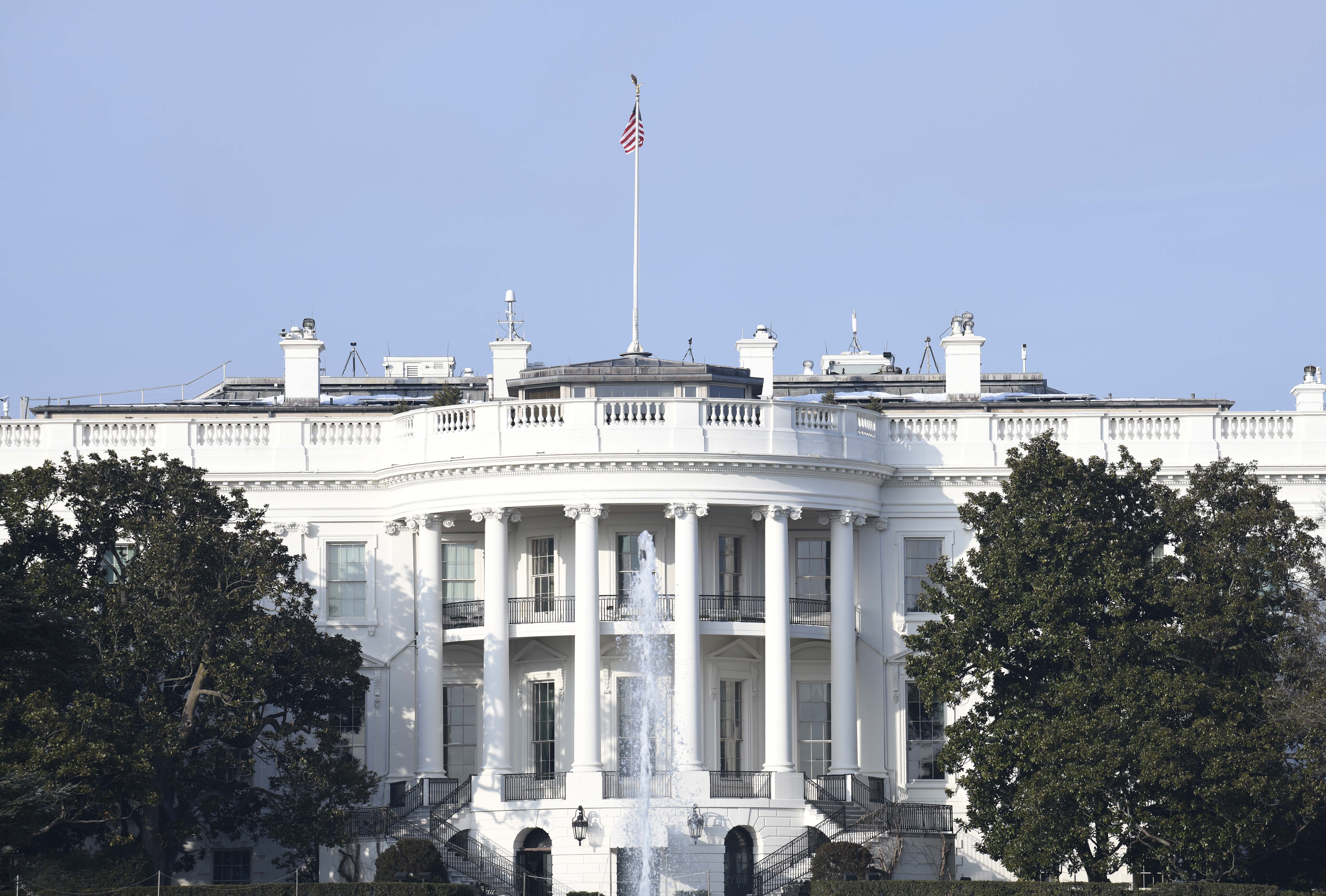Big tasks for the next American president
- By Mitchell Blatt
 0 Comment(s)
0 Comment(s) Print
Print E-mail China.org.cn, June 18, 2019
E-mail China.org.cn, June 18, 2019

Since the Democratic National Committee has announced the lineup of its first two presidential debates on June 26 and 27, prospective viewers are excited to see how the socialist Bernie Sanders will fare against the moderate Joe Biden.
While issues like healthcare and big picture debates over the direction of the Democratic Party will surely be in the limelight, foreign policy issues, particularly America's important relationship with China, will surely not be overlooked.
In fact, U.S.-China relations are one of the most critical issues of our time. The next president of the United States should make a real effort to put the relationship back on the right track after recent evidence of a derailment.
Donald Trump's unfocused, all-encompassing economic war with China has failed to achieve its objectives and been counterproductive to America's pursuit of its national interests. Trump's tariffs on China have been in place for almost a year, and there has been little sustained progress in reaching an agreement to end the trade war.
Instead, consumers have been hit with higher prices. In 2018, prices for six categories of steel rose between 18% and 26%, making American steel prices higher than in any developed economy and putting American manufacturers at "significant competitive disadvantage", according to analysis by the American Enterprise Institute.
American commodity exports to China dropped by 60%, and farmers have had to reduce soybean prices to below the global average to offload excess supply to the rest of the world. Analysis by the Council on Foreign Relations shows the U.S. government has actually spent more money compensating distressed farmers than it has raised through tariff revenues.
Meanwhile, the conflict has expanded to include 5G in telecommunications, student visas and travel, and it could get worse.
One reason for the worsening economic war is that American policy makers and leaders misunderstand and exaggerate the nature of the problem. The trade deficit is not a problem for the U.S.; it merely reflects the fact that given the national wealth and level of investment, Americans can afford to purchase more than other countries. However, Trump appears focused on the trade deficit as a number, rather than on bigger issues that are more pressing.
A kind of anxiety about a rising China is discernible in American political and academic discourse, when Chinese students, the Asian Infrastructure Investment Bank, and even China's domestic technological policies are all cited as threats to American security and way of life.
America must separate the real points of disagreement from fear-mongering. Current U.S. trade policy risks creating a self-fulfilling prophecy.
Luckily, the chances of replacing Trump appear likely. He has been unpopular ever since he took office. His approval rating has never come close to 50%. Now polls show him losing – badly – to almost all of the viable Democratic contenders.
A Fox News poll shows Biden, Sanders, Elizabeth Warren, Kamala Harris and Pete Buttigieg all beating Trump nationwide. Quinnipiac shows Biden leading Trump by thirteen points. Biden is even leading Trump in the Republican state of Texas, which has not voted Democrat since 1976.
Trump's own internal polling shows him losing by a double-digit margin in decisive swing states. His response to the reports on those polls is typical of the man – fire his own pollsters.
It is wise for Americans to not get too complacent. The election is still more than a year away. However, it should be clear that it is time for a change.
America's next president should implement a balanced policy. Return to free and open trading policy, but evaluate each problem on a case-by-case basis. Clearly establish and articulate what the U.S. wants out of trade and make reasonable demands. Refrain from viewing U.S.-China relations as a zero-sum game.
Mitchell Blatt is a columnist with China.org.cn. For more information please visit:
http://www.china.org.cn/opinion/MitchellBlatt.htm
Opinion articles reflect the views of their authors, not necessarily those of China.org.cn.
If you would like to contribute and have specific expertise, please contact us at opinion@china.org.cn.






Go to Forum >>0 Comment(s)